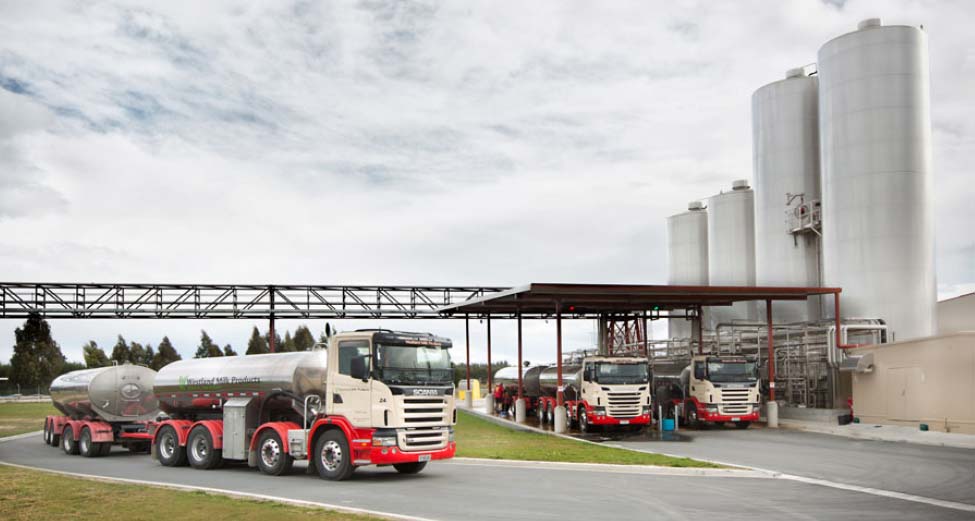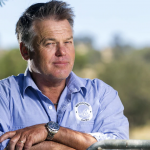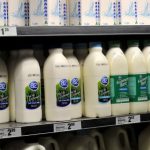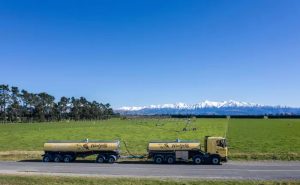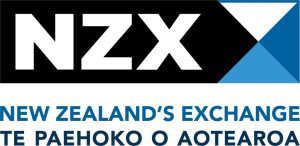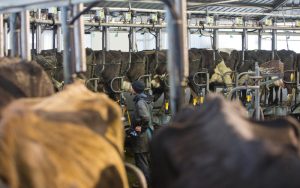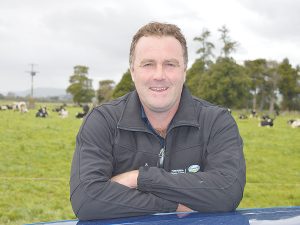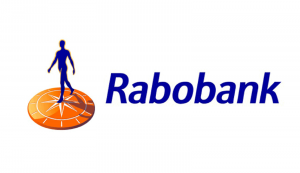
Lower than expected sales have seen Westland Milk Products lower its predicted payout range for the 2018-19 season to $5.80 – $6.00 (previously $6.00 to $6.20). Last quarter’s very high sales targets for infant and toddler nutrition (ITN) will not be met, the company says.
With regard to the Westland decision to go with Yili the politicians have not surprisingly joined the discussion. Mark Patterson, the primary industries spokesperson for New Zealand First has waded in, although the Board has voted unanimously to accept an offer from Yili Industrial Group for $588 million, with Patterson saying “Shareholders need to consider carefully the consequences of voting in favour of the sale,” Mr Patterson says. “By selling their Co-op for short-term gain they need to be particularly concerned for the more isolated farmers who risk being dropped when the 10-year guaranteed supply period ends.”…. “We must also be concerned about the continued erosion of New Zealand control of the dairy industry, our biggest export earner. We must be mindful of the long-term consequences of becoming price-takers at the end of a supply chain controlled by a foreign multinational.”
Most kiwis would agree with him but without knowing what the other bids from interested parties were and where they came from it is difficult to form an opinion about the rationale around the decision. I can’t believe the Board would have willingly gone into the deal unless they believed it provided the best they could hope for and wouldn’t have given up 125 years of history easily.
Foreign ownership of New Zealand companies doesn’t have to end in tears but unfortunately it often does. Depending upon your view of what counts as success, one of the later failures is Blue River based in Invercargill. A pioneering sheep dairying company it got caught up in the ‘complications’ imposed upon exporters of infant formula into China after the botulism scare that came out of Fonterra and as a result lost their access. To regain access they brought in a Chinese partner and lo and behold access was restored. The price they paid was losing control of the processing and exporting side of what was a totally integrated value chain and now Blue River is a processor while the supplier farms are AntaraAg.
What appears to have transpired now is that as the Chinese owner has access to sheep milk powder from Sardinia where another drying plant is owned and so the need to pay a premium for New Zealand product is gone and AntaraAg are no longer milking ewes and what was an example of a new start up industry appears to have died.
An interesting sideline to the story is that anecdotally sheep dairy farmers in Sardinia are paid approximately 30% less than their counterparts on the Italian mainland and some blame is aimed at Romanian milk powder coming in and undermining their markets possibly with Italian branding on.
Looking at the cow dairy industry Synlait looks a safer bet with much of the Chinese investment there locked into land ownership rather than processing, although a significant share is still held in the processing and marketing side. Personally, I’m more comfortable with foreigners owning land rather than processing, although I realise this is not a popular viewpoint. The land can’t be shifted off shore or closed down unlike processing and while these may not be a likely outcome for WMP processors, to those farmers on the fringes of the supply catchment who don’t have Fonterra or Synlait as a bolt hole they could become very vulnerable in the future and land prices are likely to be immediately discounted on this prospect alone.
Fonterra’s stance to return to basics and focus on ingredients has just got a little more complicated with Dairy Farmers of America (DFA) joining as a supplier the Global Dairy Trade auction. Both the USA and the EU are increasing their exports at a faster rate than production indicating soft demand at home and starting to clutter the international (read China) market. It will be interesting to watch the up coming GDT results and see if prices alter and if Fonterra is forced to reduce its offering with greater supply coming in.
Continuing the run of poor results coming out of Fonterra, China Farms posted a -$17 mln half year loss. This continues the run of losses for at least five years. Over $788 mln has gone into the investment to date and it is one of the Fonterra companies likely to be culled under the current return to basics policy. I can’t help but wonder how much will have to be written of the books when this happens.
